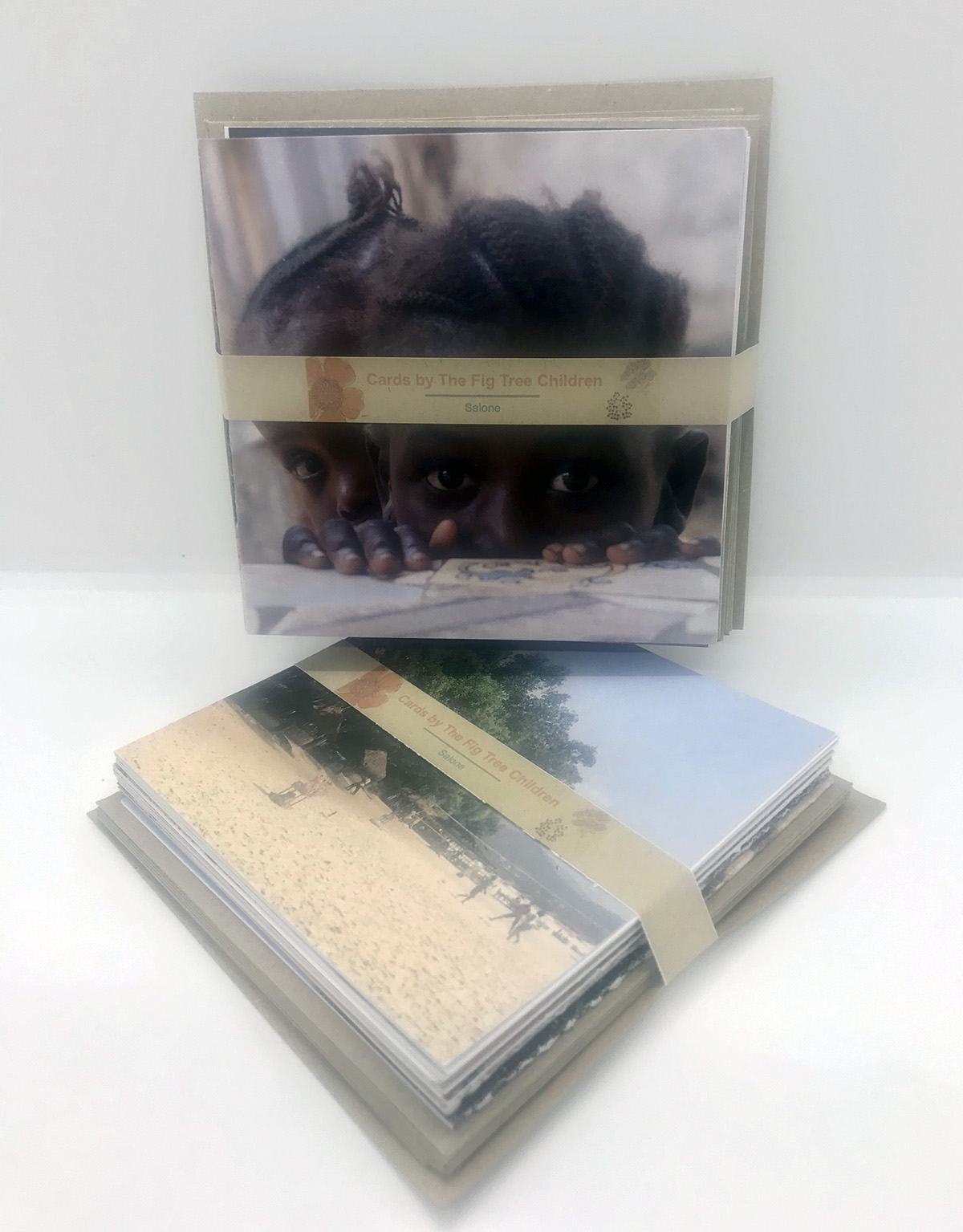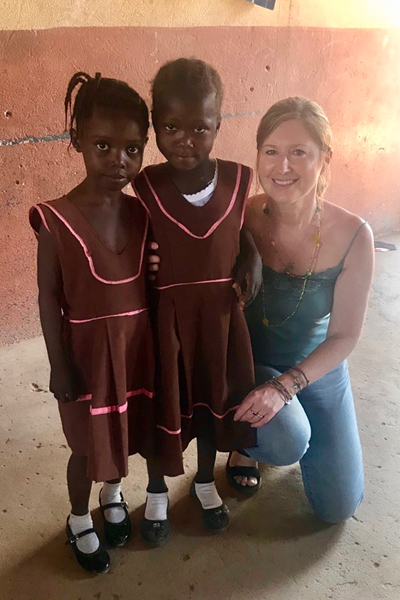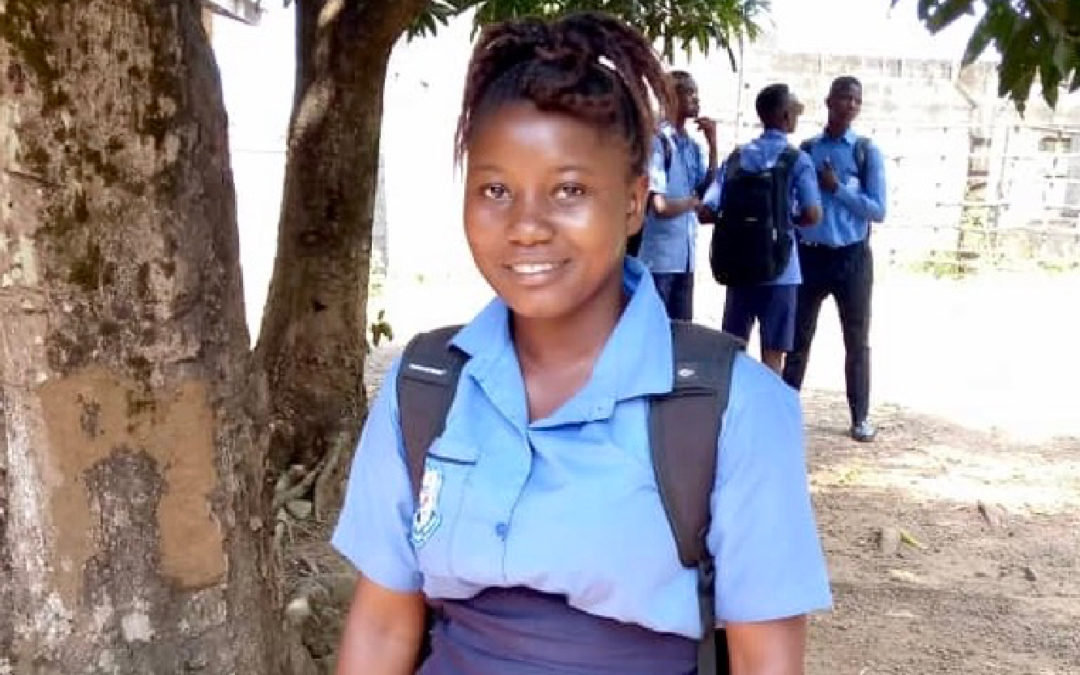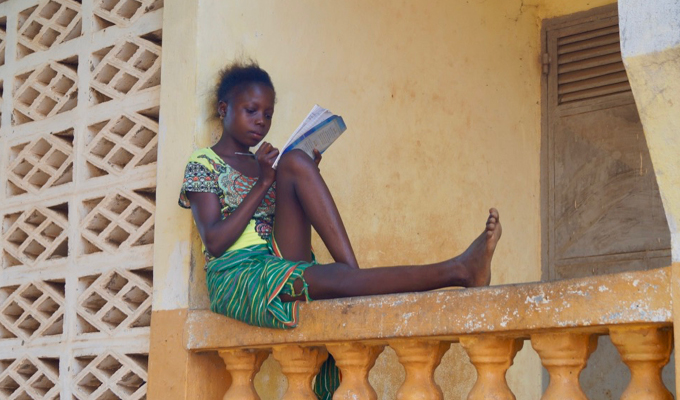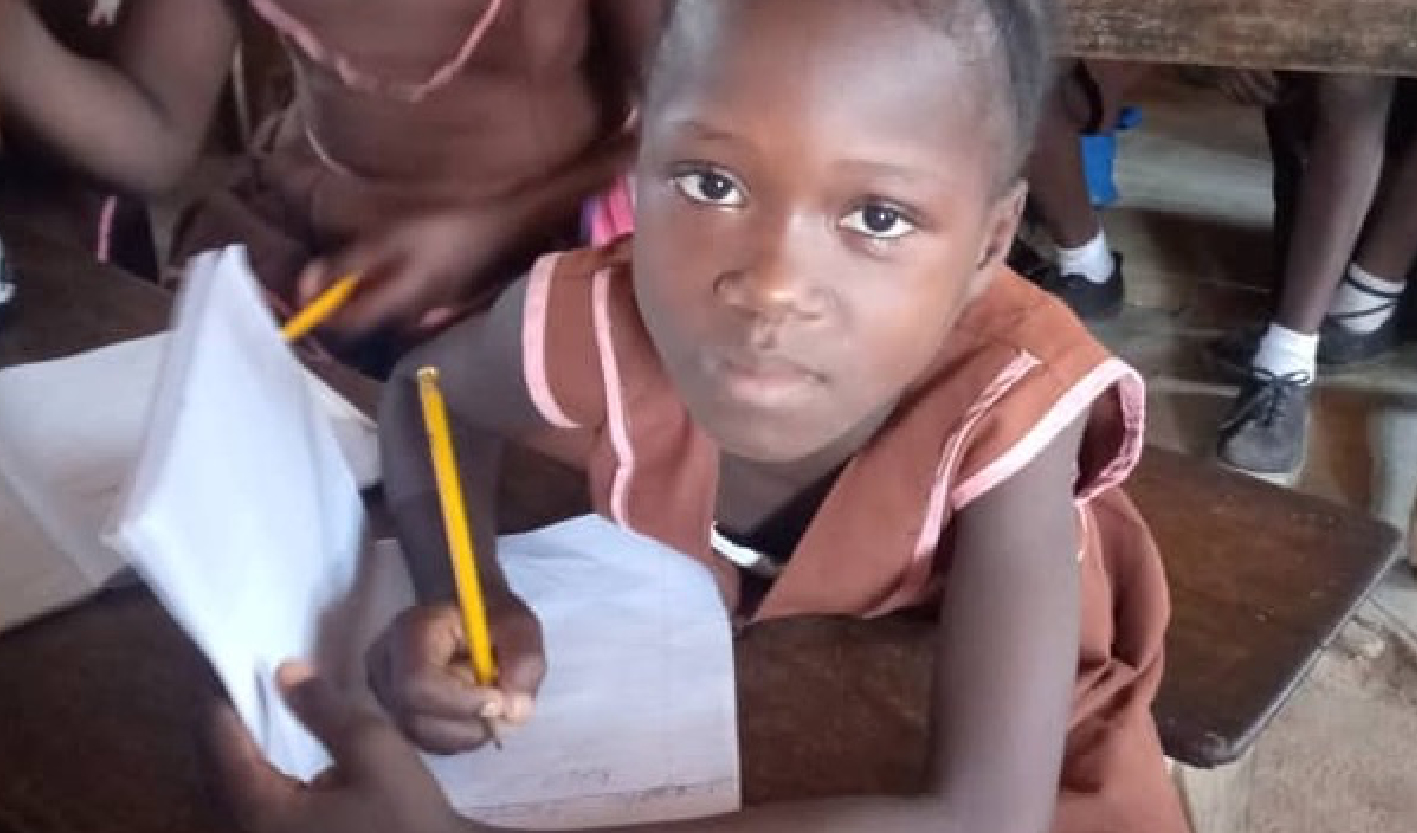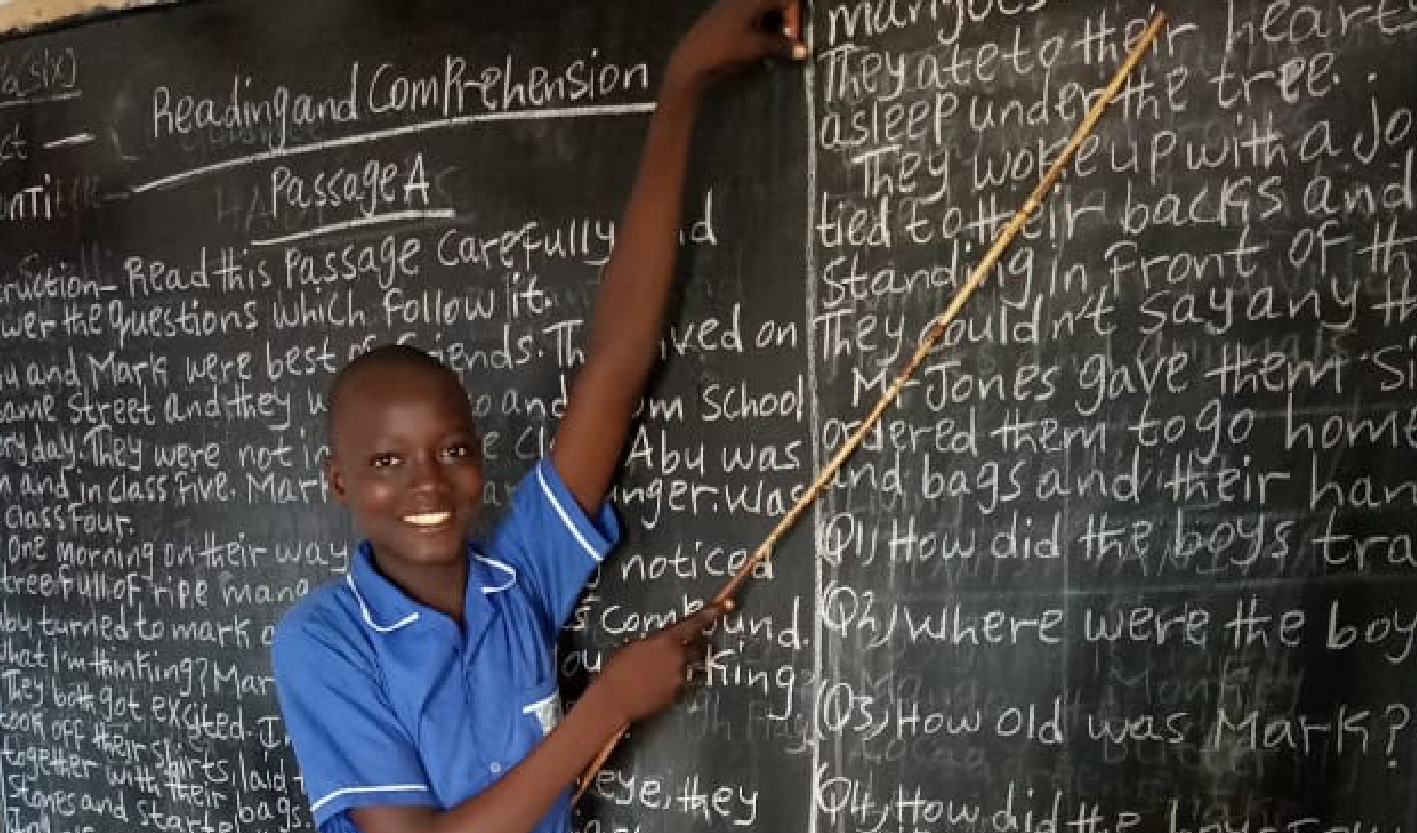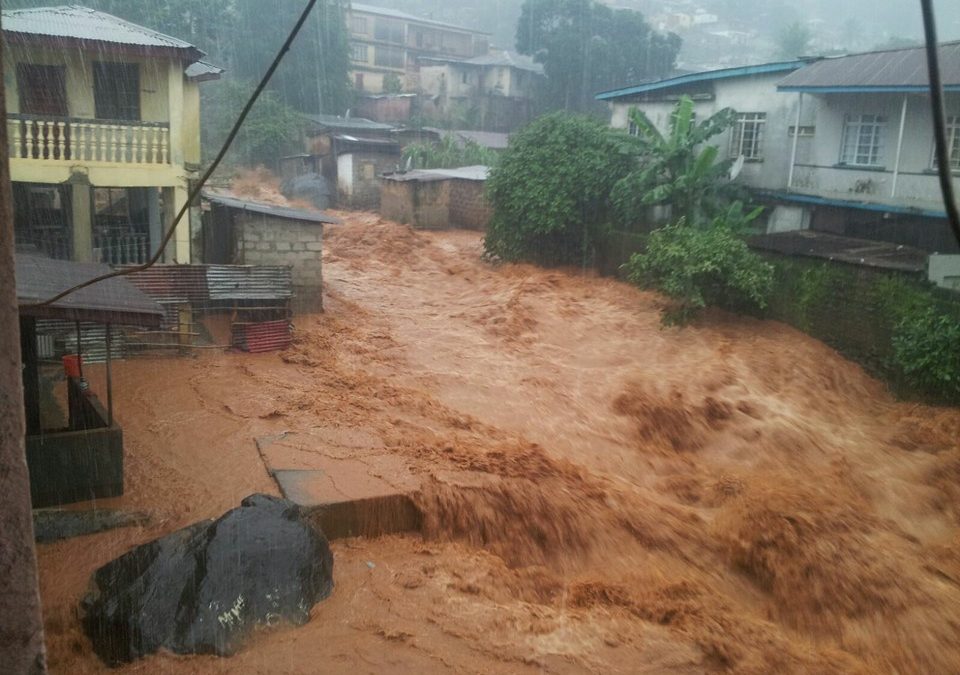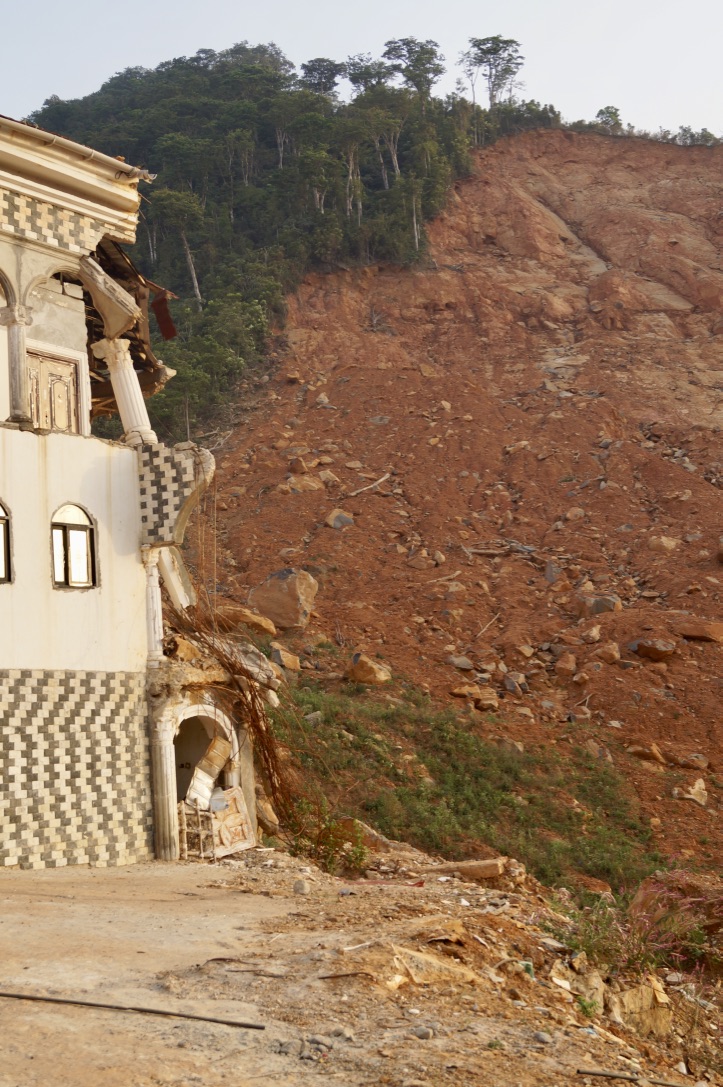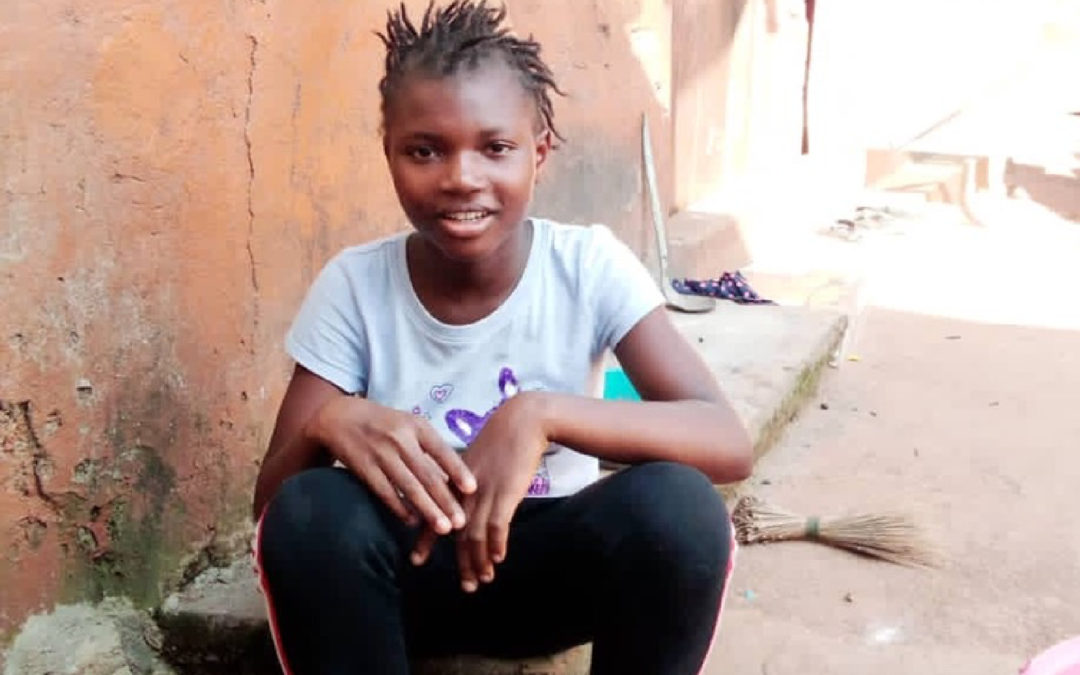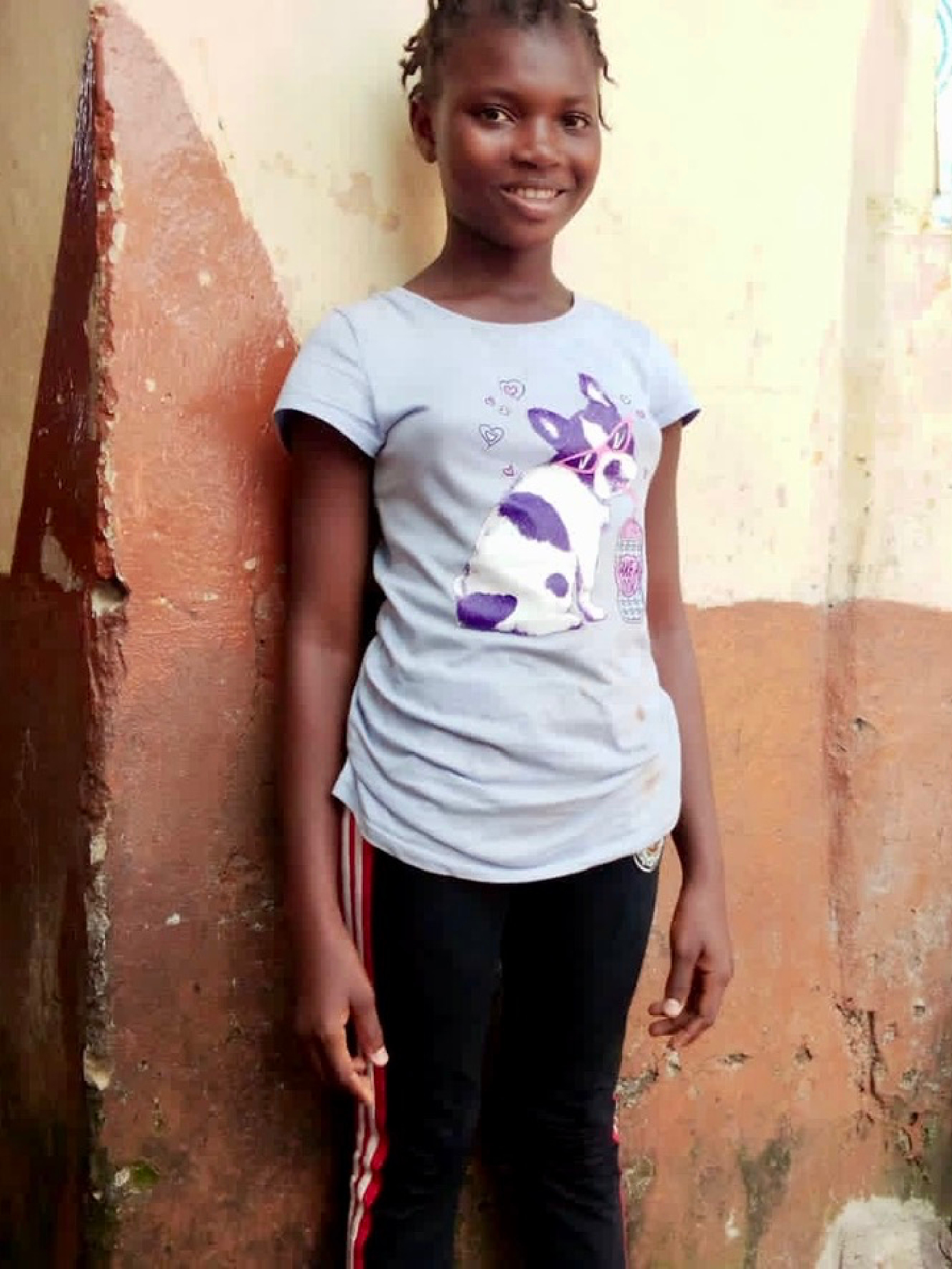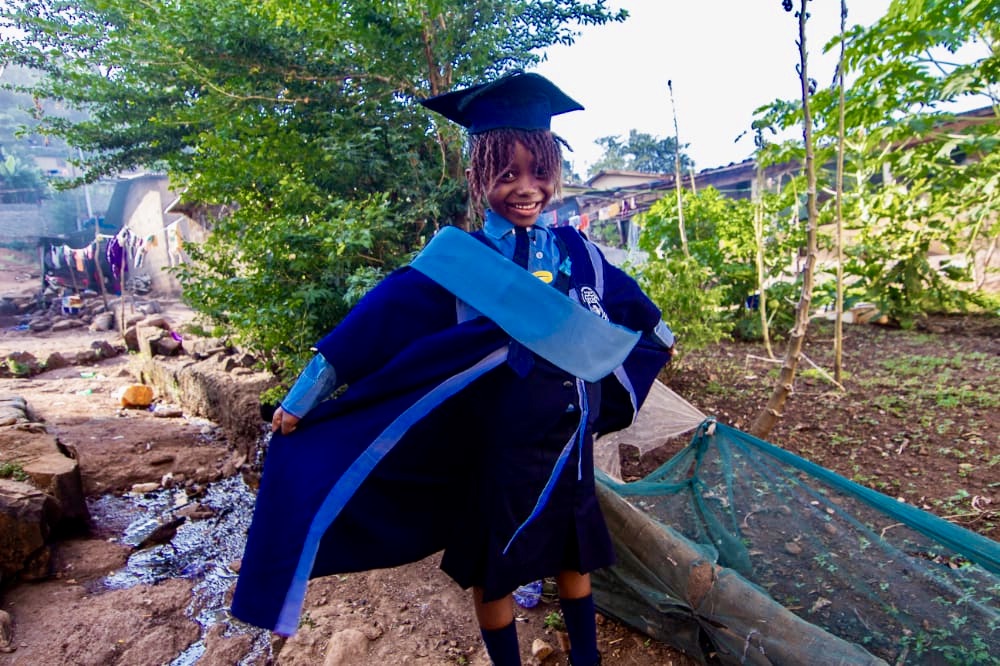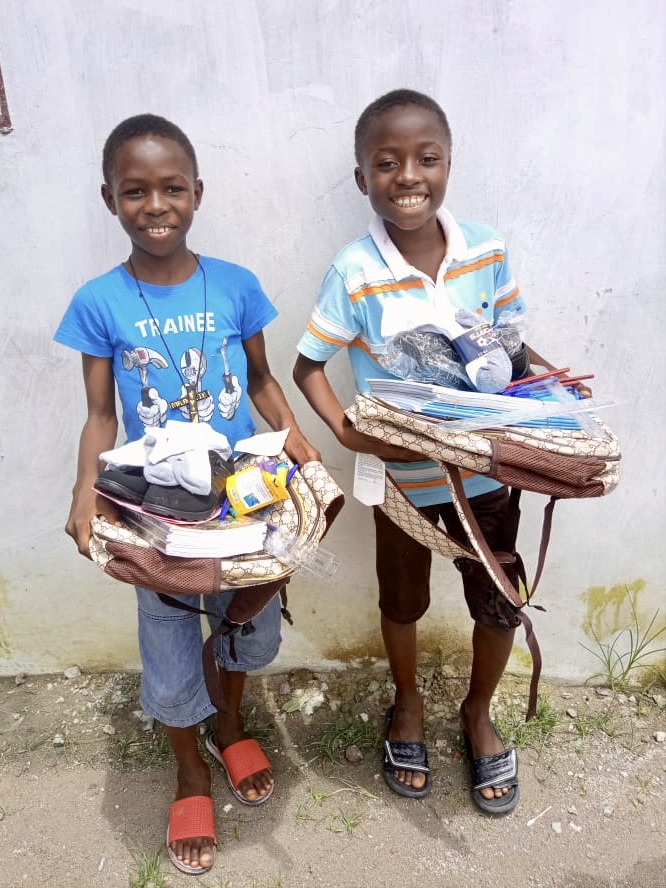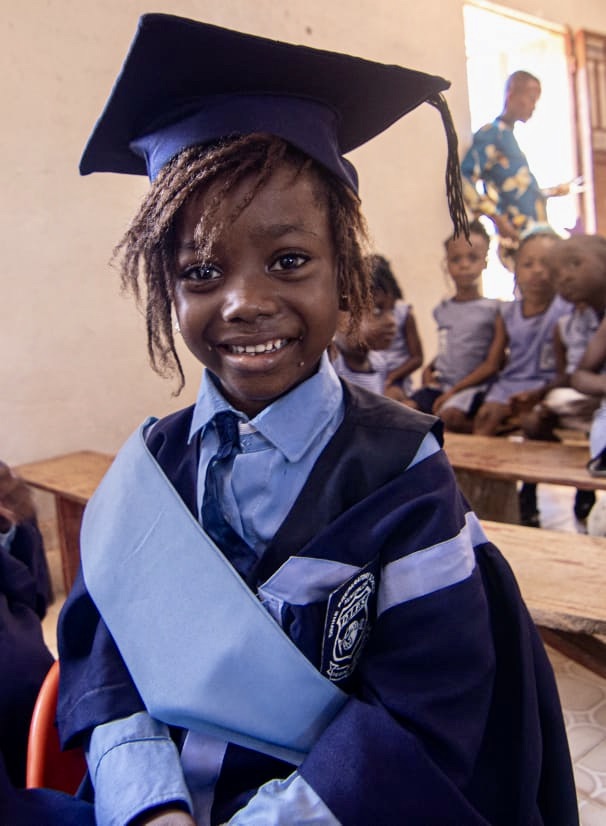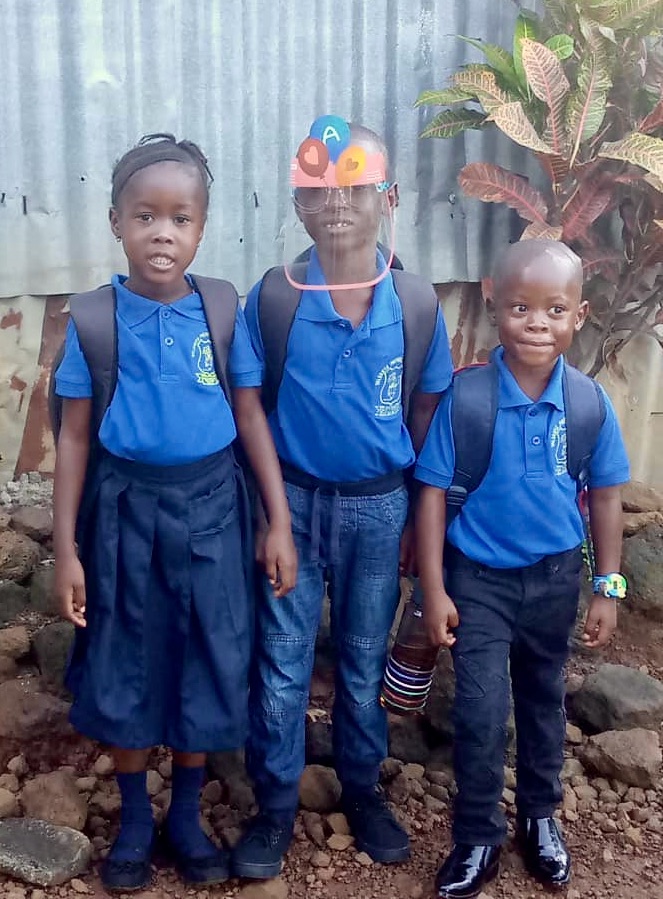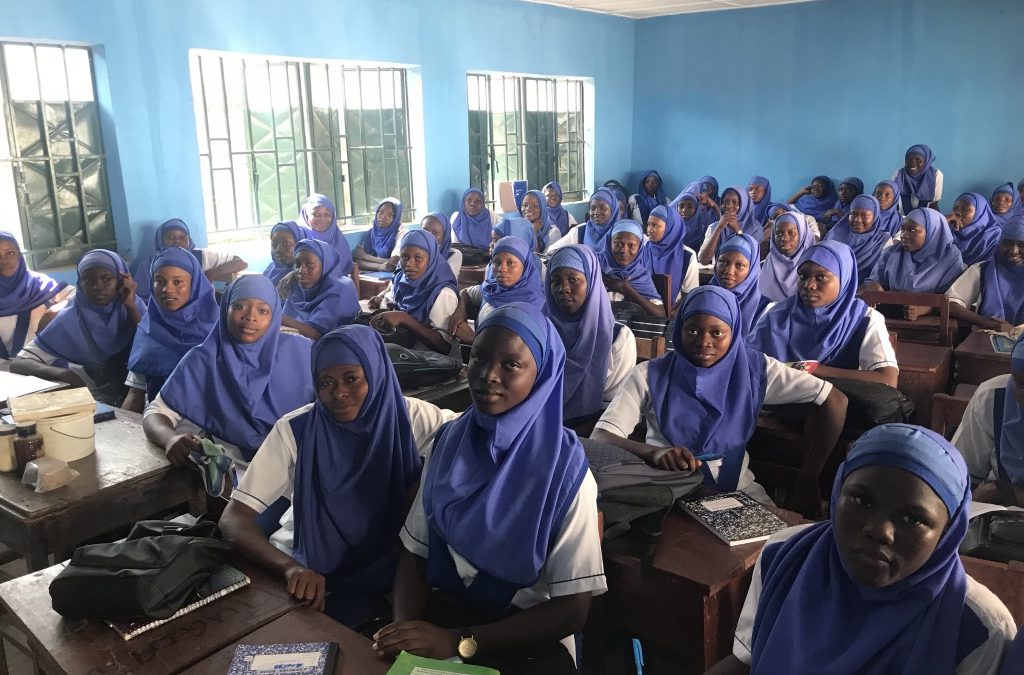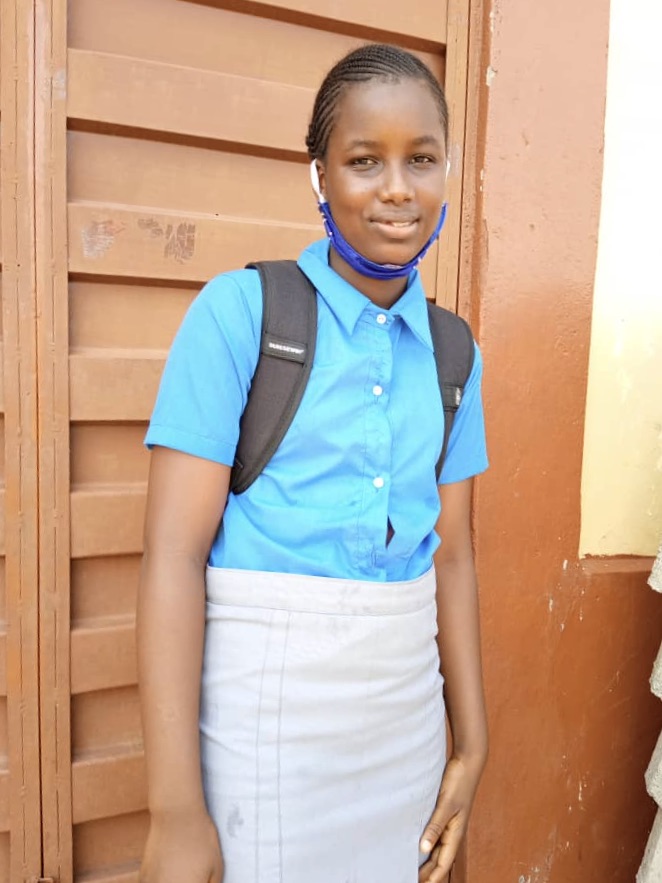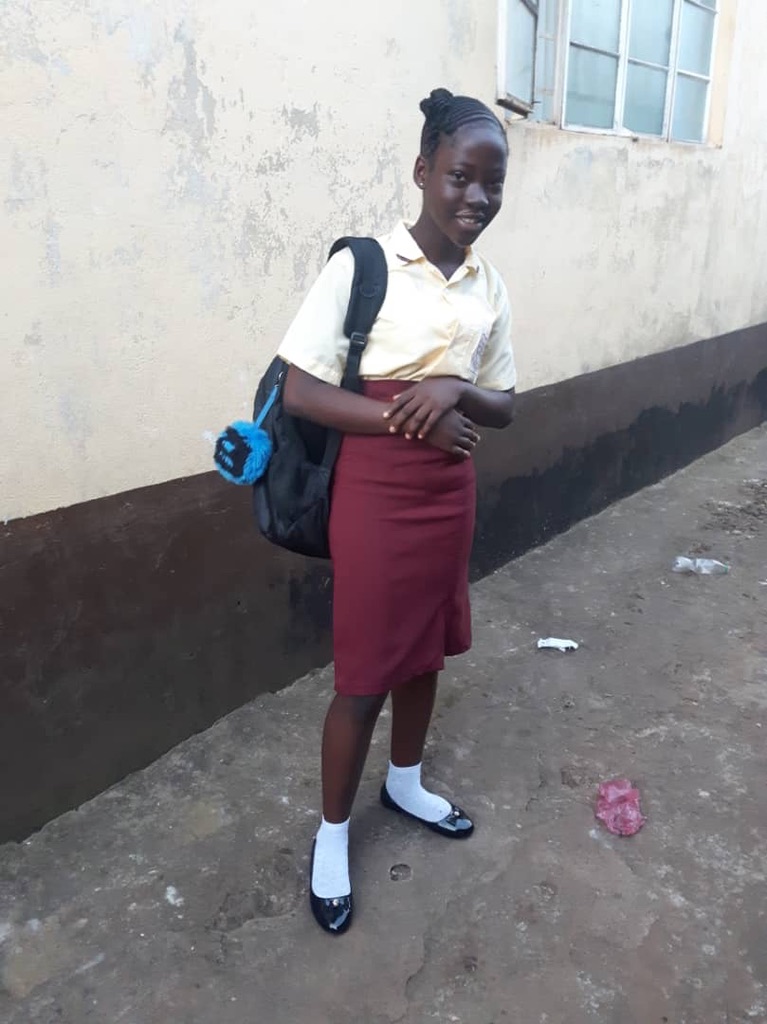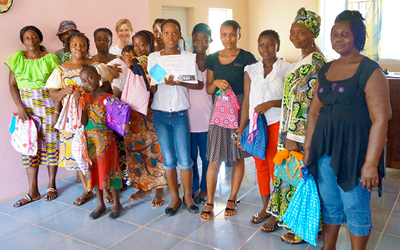
The Fig Tree Giving Guide 2024
Make gift-giving meaningful: With gifts that show you care
Introducing our 2024 Giving Guide! Finding the perfect gift can be challenging, especially for those who seem to have everything. That’s where The Giving Guide comes in.
Discover a selection of thoughtful gift ideas for him, her, children, and more in The Giving Guide. If something catches your eye, add it to your wishlist and spread the joy beyond your loved ones. With each purchase, a percentage of the proceeds supports a good cause, adding an extra touch of warmth to your gift-giving experience.
1. Kenana Knitter Critters from The Fig Tree Gift Shop
These adorable knitted animals are handmade in Kenya by the talented Kenana Knitter ladies. They are made in Organic Cotton or Home Spun Wool and are great for decorating your home or giving as gifts to children young and old. Not only are these characters super cute and well made but fifty per cent of profits from every sale go towards our work in Sierra Leone, helping keep our sponsored children happy, healthy and in school.
Not only is each critter carefully handmade in Kenya, but your purchase will also help support the Kenana Knitter’s employment opportunities in their country. It truly is a gift that keeps on giving!
Price: $15 – $145 (all prices are in AUD, Free Shipping over $120!) Shop now
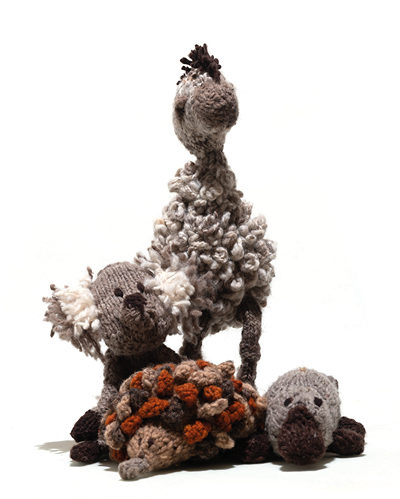
Kenana-Down-Under Knitter Critters – Australian Range
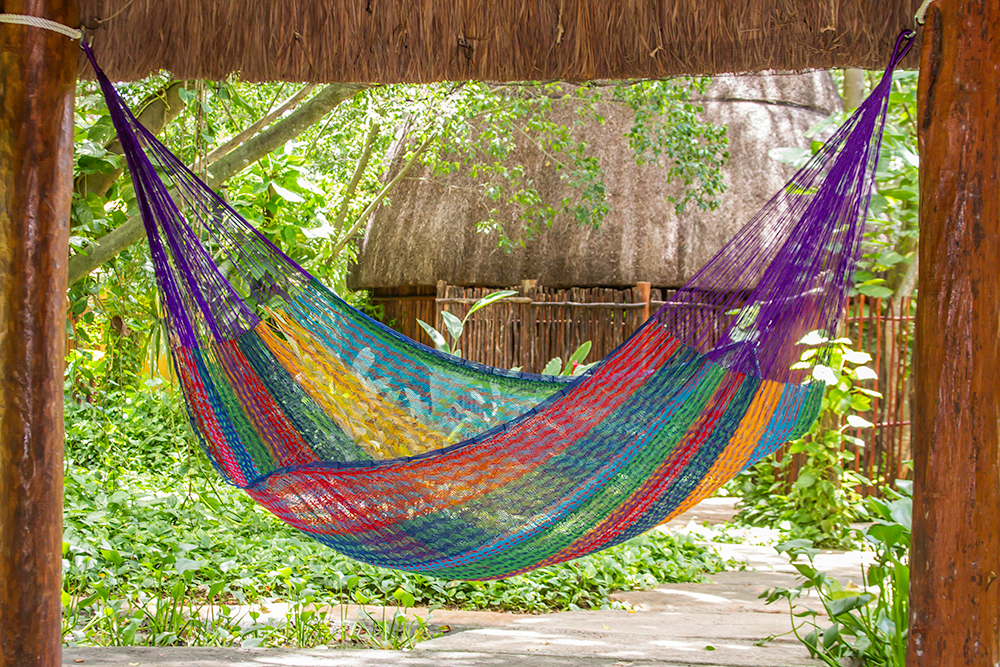
2. What better way is there to show someone you care about them than by buying them a hammock from The Fig Tree Gift Shop to relax in.
Proudly supporting Mayan Legacy Mexican Hammocks which was established in 2002 by Alicia to provide regular and fair employment to local artisans, while fulfilling Alicia’s dream of establishing a family business; they are committed to producing high-quality hammocks while providing families from small Mexican towns the opportunity to earn a fair and decent living.
The Fig Tree Gift Shop is selling them and donating fifty per cent of their profit to The Fig Tree Children. Price: $169 to $249 Shop now
3. Worry Dolls from Guatemala
Quitapena, or ‘worry dolls,’ are traditional in Guatemala and Mexico. According to the legend, the Maya princess Ixmucane received a gift from the sun god, making her able to solve any person’s problem. Later, people began creating dolls with whom they’d share their problems. Tell the doll your problems and fears. Then, place the doll under your pillow and, the next day, your problem becomes smaller or can be resolved.
The Lopez Garcia family make these dolls. Almost all of them who craft these delightful and beautifully handmade worry dolls are women. This allows these women to work from home so they can look after their children, check over their homework and make sure they eat well.
“This work has unified us as a family. It has given us group goals to meet and the opportunity to exhibit our work. We feel there are people around the world who value them and this makes us very happy.”
Price: $10 Shop now
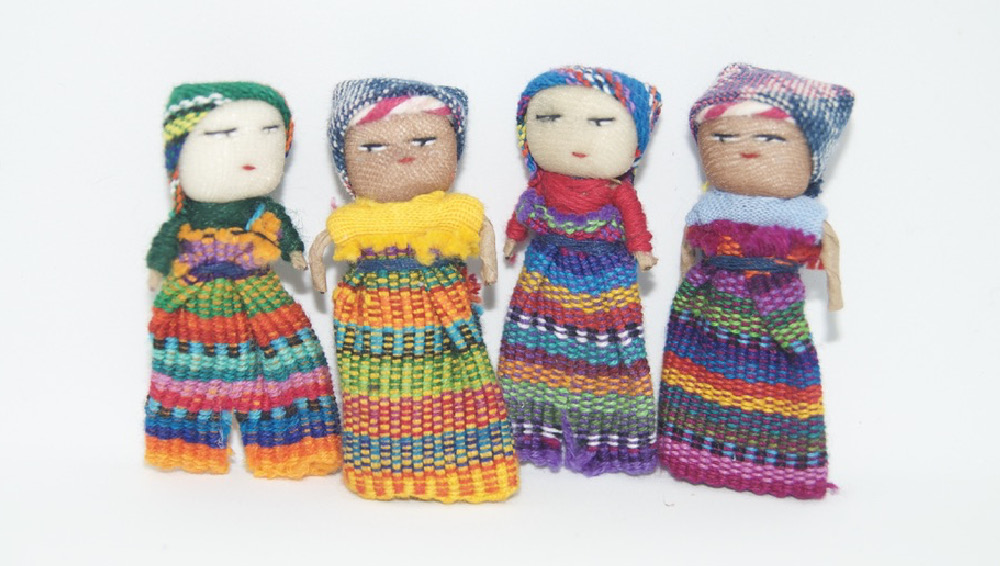
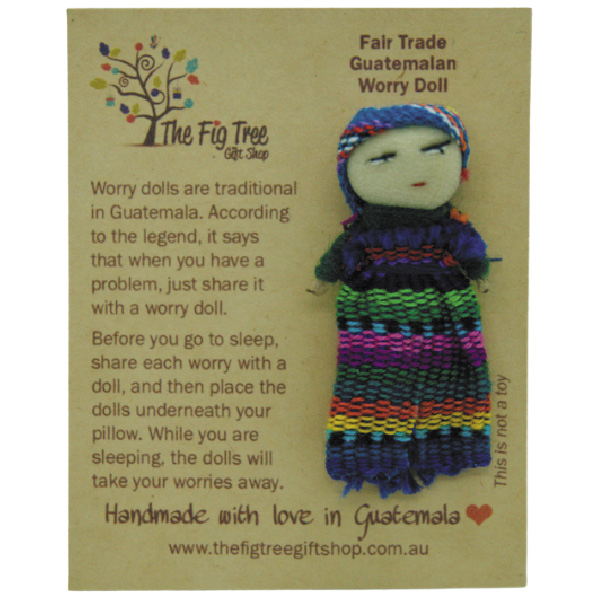
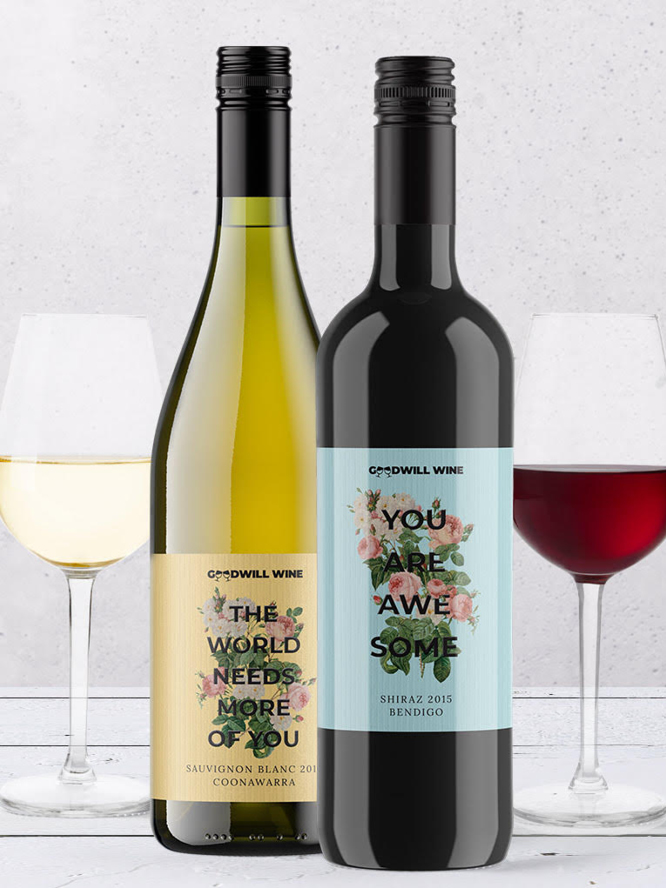
4. Did you know that if you buy wine from GoodWill Wine they donate fifty per cent to your favourite charity?
This Australian organisation gives fifty per cent of its profits to charities like ours. Does that mean for every bottle you buy the world gets a little bit better? Why yes, if you put it like that!
With a range of delicious flavours to choose from, Goodwill Wine puts a special twist on this perfect gift for wine lovers! This year The Fig Tree Children is on the menu. We’d love for you to support our cause! Price: from $14.95 per bottle Shop now
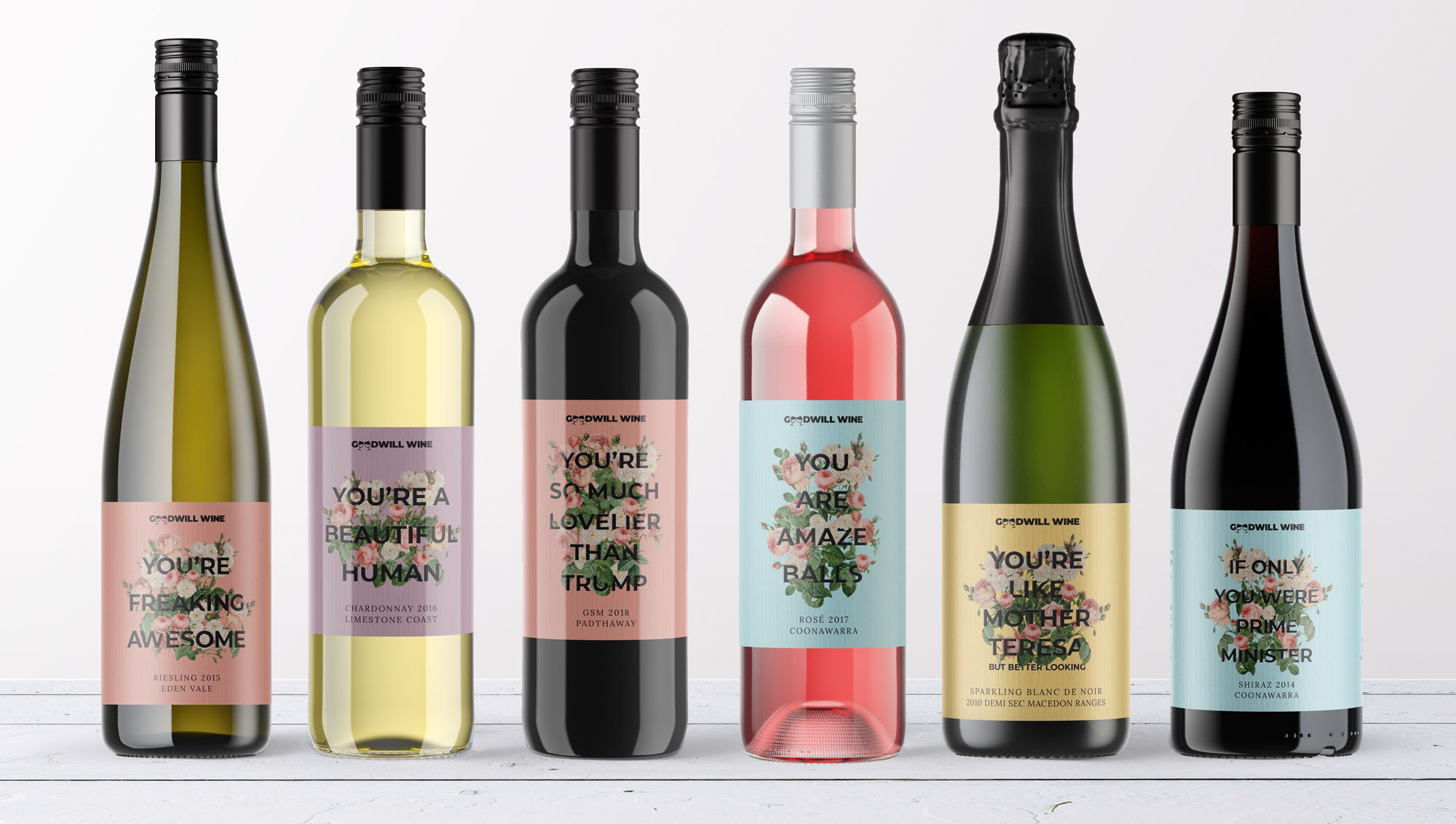
7. Say hello to someone you care about with beautifully crafted greeting cards
Although we live in a world run by digital communication, a card sent through the post can mean a lot to both the sender and the recipient. It’s a thoughtful way to reach out to an old friend or loved one on a special occasion.
The Fig Tree Children’s 10 pack of assorted greeting cards are 100% recycled and eco-friendly. Featuring beautiful imagery of Sierra Leone, these cards can be purposed for any occasion or even just to display at home, making them a super fun and versatile gift. Not to mention, 100% of the proceeds will directly benefit orphaned and vulnerable children in Sierra Leone.
Price: $20 Shop now
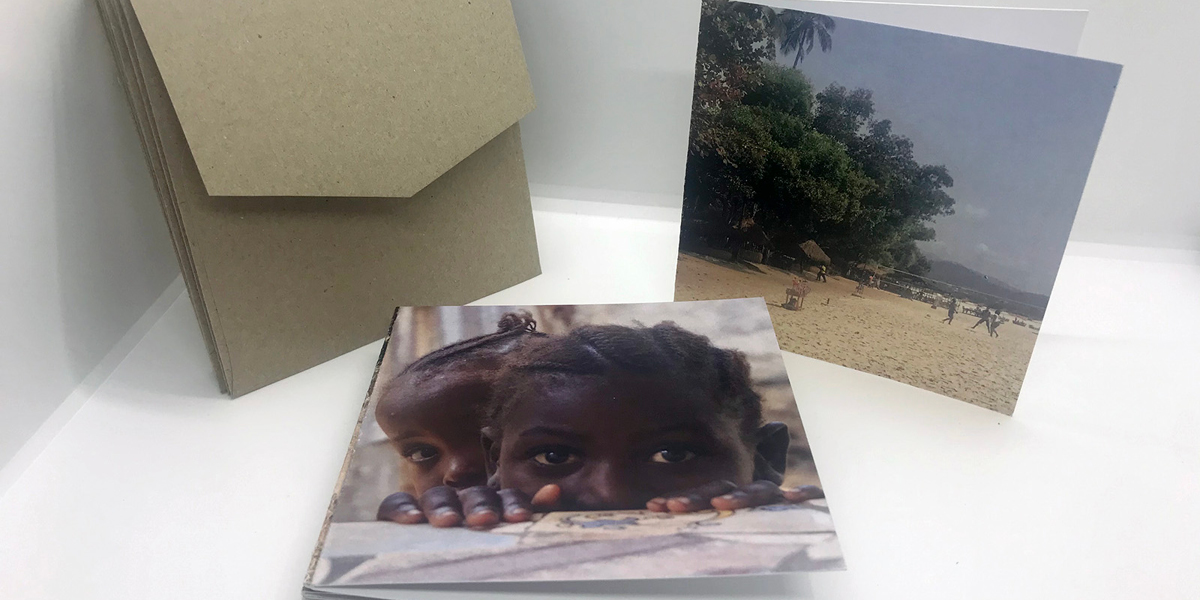
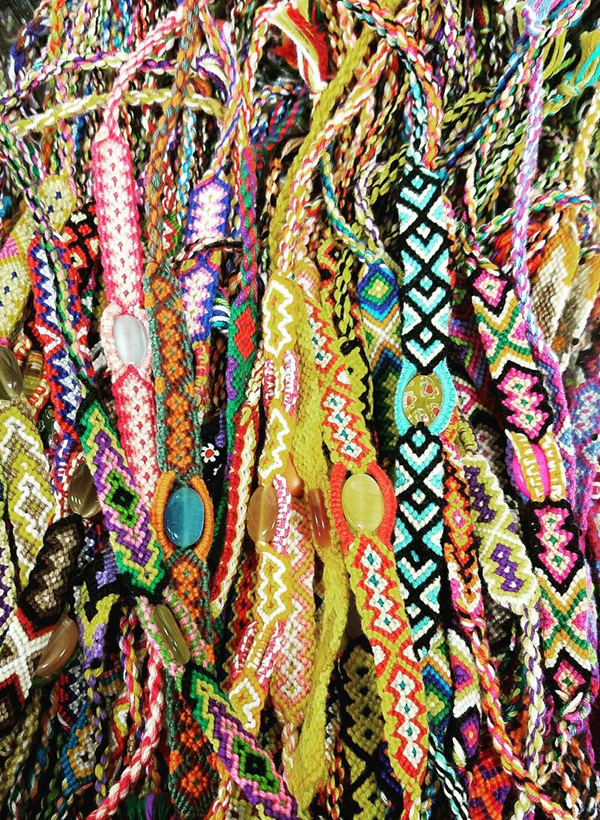
8. Handmade bracelets from the Philippines
These gorgeous handwoven bracelets would make great stocking fillers! They are made by families in the Philippines. We have partnered with ‘Threads of Hope‘ to support their mission to “empower families to create home enterprises that turn their vulnerable communities into sources of physical, educational and spiritual nourishment”.
Price: from $4.00 to $15 Shop now
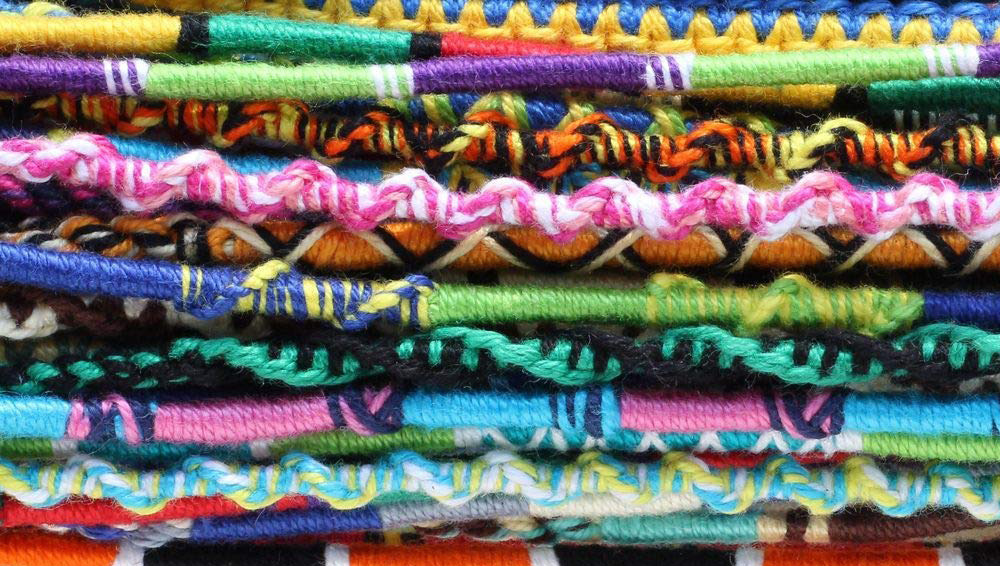
9. Consider gifting opportunity by sponsoring a Fig Tree Child
We believe every child deserves to feel safe, be loved and have access to basic healthcare and education. If you have the means to help, please consider sponsoring one of our children this Christmas. For $48 per month, your sponsorship will pay for their school fees, provide school materials and provide the child’s carer with a monthly allowance to help care for the child.
The bond between a Fig Tree Child and their sponsor is truly special. By providing for their basic needs and empowering them through education, a sponsored Fig Tree Child has the best opportunity to grow, flourish and break the cycle of poverty in Sierra Leone.
Price: $48 per month
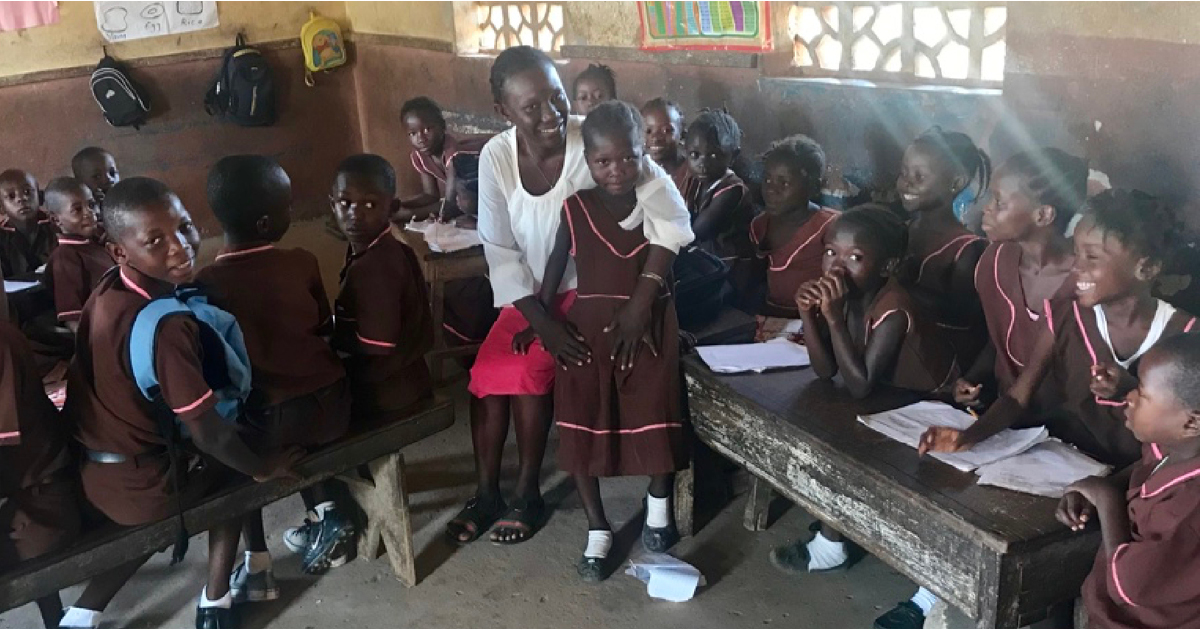
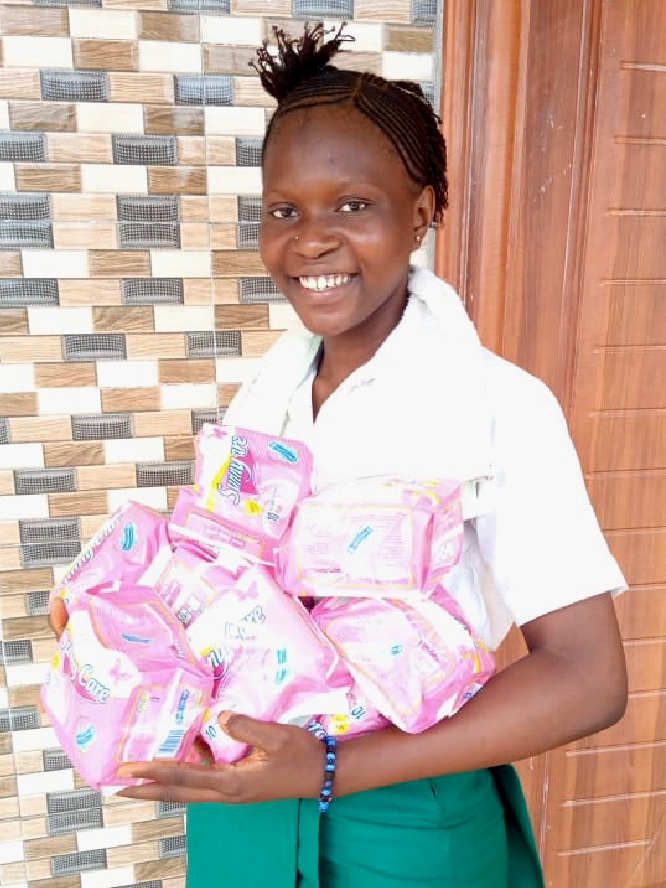
10. Give the gift of dignity with a year’s supply of sanitary pads for a girl in Sierra Leone
Menstruation is quite a taboo topic in Sierra Leone. In fact, many girls who get their period for the first time don’t even know what’s happening! With shared bathrooms in school and little access to sanitary pads, many of our Fig Tree girls choose to stay home which can really impact their education.
For $38 you can give the gift of dignity and hope to a young girl in Sierra Leone. Read how menstrual hygiene affects girls in Sierra Leone
We want our Fig Tree girls to know childhood does not end when you get your first period and empower them to continue their education and secure a bright future. $5 of the donation will also go towards our Emergency Health Fund, to help protect our Fig Tree children in times of need.
Price: $38
Binta* sponsored by Karl & Sarah receiving a year’s supply of sanitary pads.

